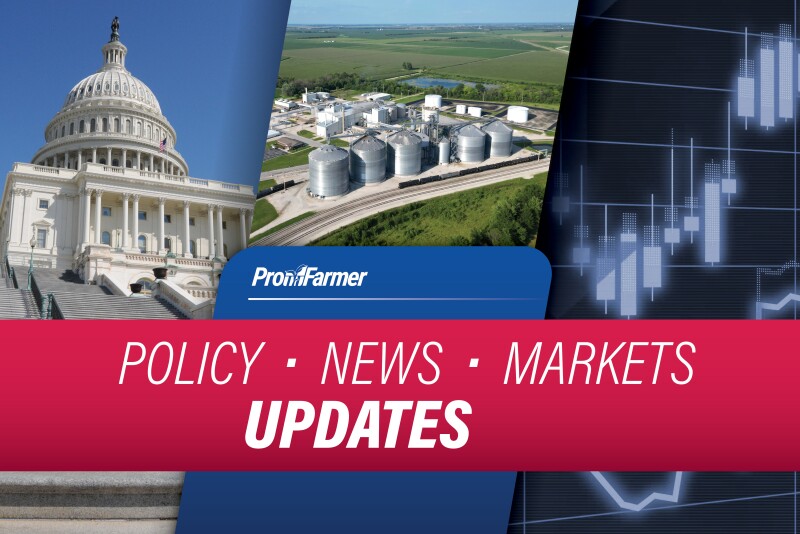Trump Announces Historic New U.S. Tariffs Across the Globe: Cementing a breakaway from decades of free trade policy, the White House announced a new trade policy that affects virtually every nation.
A universal tariff of 10% will remain for countries with which the US has a trade surplus, which is most of them. About 40 nations with which the US has a trade deficit face a 15% floor. Deals with China and Mexico are still pending.
President Donald Trump also said he is raising tariffs on Canada to 35%. Goods compliant with the United States-Mexico-Canada Agreement would not be subject to that higher rate, the White House said, which would blunt the impact.
The new tariff regime will not go into effect today, as expected. Instead, the tariffs will be implemented on August 7 to give Customs and Border Protection sufficient time to make the necessary changes to collect the new duties.
- Appeals Court Weighs in on Legality of Presidential Emergency Declarations: Members of a federal appeals court grappled Thursday with Congress’ intent when it granted presidents sweeping emergency powers, and whether President Donald Trump’s emergency declarations this year are legally justified.
EPA’s Endangerment Repeal Could Undermine Ethanol and Renewable Fuel Standard Policy: Agricultural and biofuel groups were quiet after EPA Administrator Lee Zeldin announced this week that EPA would revoke its “endangerment finding” on greenhouse gas emissions.
Should agriculture welcome this move? It would permanently take away the risk of the dreaded “cow tax” – a fear that has lurked within the livestock industry since the very first decisions that EPA is obligated to regulate greenhouse gases.
But what does it mean for biofuels if EPA says it no longer had the authority to regulate emissions from liquid fuels?
The 2009 endangerment finding concluded that increasing concentration of six greenhouse gases, driven mainly from fossil-fuel use, endanger public health and public welfare. The endangerment finding gives EPA the authority and the obligation to regulate greenhouse gases from fuels, vehicles, and other sources.
Without the endangerment finding, EPA is positioning itself as having neither the authority nor the willingness under the Clean Air Act to regulate greenhouse gas emissions from fossil fuels.
“If finalized, today’s announcement would amount to the largest deregulatory action in the history of the United States,” Zeldin said Tuesday.
- USDA Investing in Working Forests: Yesterday, USDA announced the U.S. Forest Service is investing $106 million to support state and landowner efforts to conserve private working forestlands across the country. Funded through the Forest Legacy Program, these projects will protect forests vital to the economic and social fabric of local communities – ensuring they remain productive, working forests for Americans and tourists to use and enjoy.
Trump’s Tax Bill Expands Farm Subsidies. Not All Farmers Will Benefit: In the high plains of western Texas, 600 or so farms in Gaines County are projected to receive an additional $258 million in government payments over the next decade under President Trump’s marquee domestic policy law — the largest increase in the country.
By contrast, along the coast of California, 1,000 farms in Monterey County will collectively receive just $390,000 in additional payments, according to one analysis.
The difference comes down to what the farms grow, and illustrates the stark disparity in who stands to benefit from the president’s sweeping tax and domestic policy bill. Under the new law, more than $60 billion in additional funding will be funneled toward agricultural subsidy programs, with large farms, particularly those in the South, poised to reap the most benefits.

